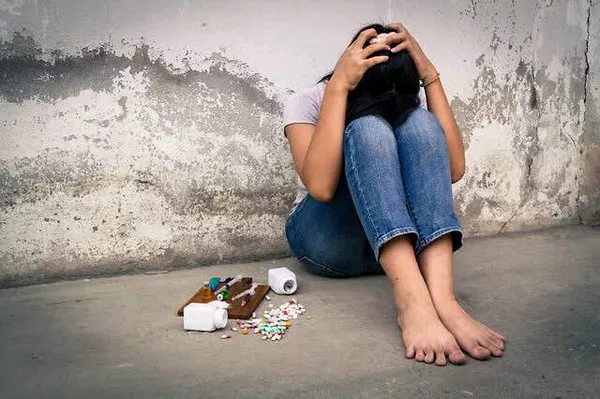California has launched a significant initiative to enhance mental health support for K-12 students through the Student Behavioral Health Incentive Program (SBHIP), funded with a $389 million budget. This program aims to address the growing mental health needs exacerbated by factors like COVID-19, which have led to increased rates of anxiety, depression, and school absences among children and teens.
Key Components of SBHIP
Objective: SBHIP provides incentive payments to Medi-Cal managed care plans to build capacity for behavioral health services within schools. This initiative does not fund the services directly, as they are already reimbursable under Medi-Cal.
Participation: Currently, 22 Medi-Cal managed care plans and approximately 300 local educational agencies are participating in SBHIP across California.
Impact: The program is expected to benefit 1.4 million school-aged children in the state by increasing access to mental health services directly where students spend a significant portion of their time: schools.
Implementation in Los Angeles County
Los Angeles County, which encompasses a quarter of California’s population, has embraced SBHIP extensively:
Participants: 63 out of 80 public school districts in Los Angeles County have enrolled in SBHIP.
Telehealth Solution: L.A. Care Health Plan, in collaboration with partners like Health Net and Hazel Health, has implemented telehealth services to provide mental health counseling to students. This approach was chosen for its feasibility and wide-reaching impact across diverse school districts.
Service Delivery: Hazel Health has equipped schools with necessary resources like tablets and privacy screens, enabling both on-campus and at-home counseling sessions. Services include therapy sessions focused on addressing concerns such as anxiety, social isolation, and family issues.
Achievements and Outcomes
Attendance and Academic Performance: Participating districts have reported improvements in student attendance and academic performance. For instance, Paramount Unified School District noted that 63% of students improved their attendance after engaging with Hazel Health services through SBHIP.
Community Impact: The initiative has had a positive impact on BIPOC (Black, Indigenous, People of Color) students, with nearly three-quarters of those served falling within this demographic.
Parental and Teacher Involvement: Referrals for mental health services can be made by parents and teachers, ensuring that students receive necessary support early on.
Future Directions
SBHIP represents a proactive approach to addressing mental health needs among youth, aiming to intervene early to prevent more severe consequences later in life. By leveraging school settings, California hopes to reduce barriers to accessing mental health services and support healthy academic and personal development for all students.
Related topics:




























